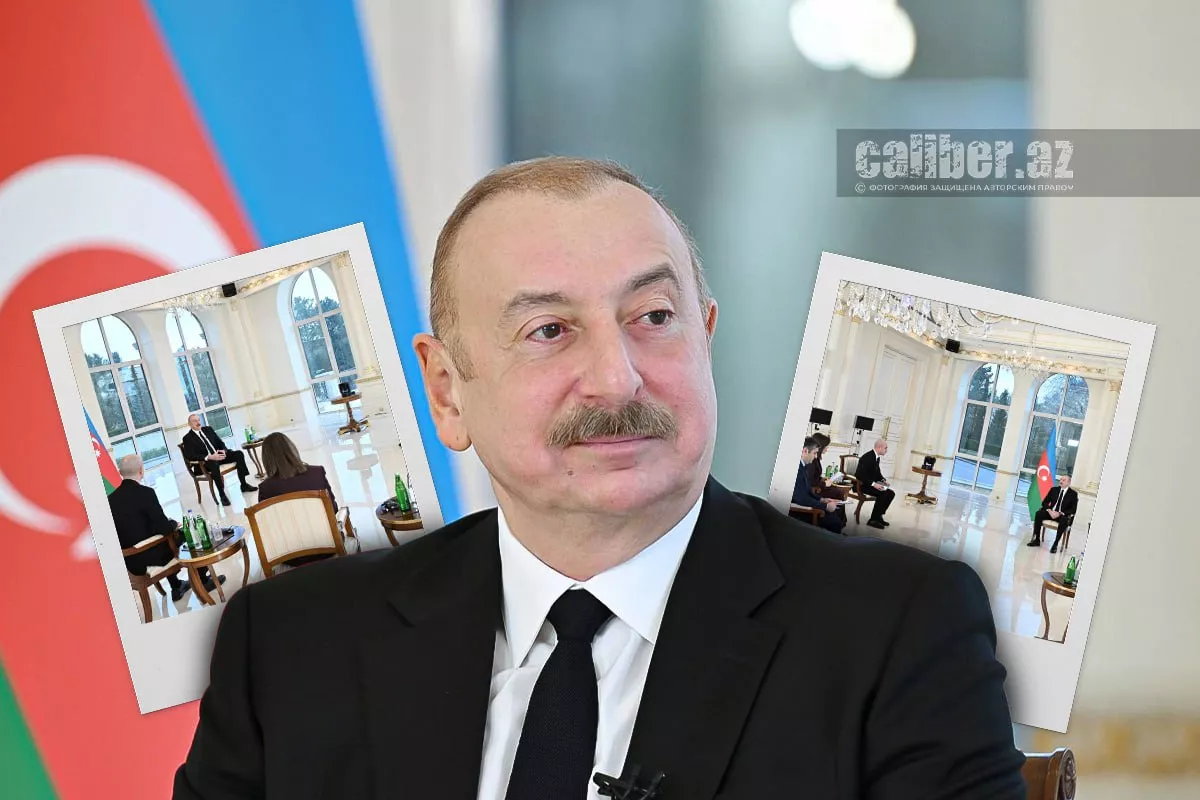Trump and the prospects for peace in the South Caucasus Could a historic breakthrough be achieved?
A peace agreement between Armenia and Azerbaijan is “a golden opportunity” for Trump, writes The Wall Street Journal. Let me note right away that not all the conclusions of this publication can be agreed upon. However, as the saying goes, there is a significant element of rationality in its predictions. But let’s take it step by step.
“The two countries are eager to resolve their differences, and doing so would further American interests. President-elect Trump’s promise to resolve the war in Ukraine is likely to prove easier said than done. But there is an opportunity for peace that demands far less effort yet offers significant rewards: ending the decades-long enmity between Armenia and Azerbaijan. The two historic enemies have quietly been negotiating over the past year and are on the brink of a breakthrough. A resolution to this conflict…is within reach,” the newspaper states.
It is worth noting that Reuters, citing unnamed advisers to U.S. President-elect Donald Trump, reports that resolving the war in Ukraine could take months or even longer. According to them, the promises made by the future White House leader to resolve the issue on his first day in office were a mix of campaign rhetoric and a misunderstanding of the conflict's complexity and the time required to staff a new administration.
“Those assessments dovetail with remarks by Trump's incoming Russia-Ukraine envoy, retired Lieutenant-General Keith Kellogg, who said in an interview with Fox News last week that he would like to have a ‘solution’ to the war within 100 days, far beyond the president-elect's original timeline,” the article states.
From my perspective, any predictions about the timeline for ending the war between Russia and Ukraine are nothing more than guesswork. The positions of the parties differ too greatly regarding the terms under which ceasefire negotiations would take place. Furthermore, the Russian side has made it clear that it has no intention of negotiating with the current Ukrainian President, Volodymyr Zelensky, whom they deem illegitimate. Thus, as we can see, Trump’s desire alone to swiftly end the Russia-Ukraine war might not be sufficient.

A completely different matter is the signing of a peace treaty between Azerbaijan and Armenia. Here, there is a genuine opportunity for a historic breakthrough. Even The Wall Street Journal writes about this, albeit in a manner that somewhat distorts the reality.
"The two historic enemies have quietly been negotiating over the past year and are on the brink of a breakthrough," the publication writes. According to its conclusions, "All that’s needed is a final push—one that only Washington can provide." The phrase "quiet negotiations" is rather amusing. It's almost embarrassing to remind that as a result of these "quiet negotiations" last year, Azerbaijan regained four villages in the Gazakh district, previously occupied by Armenia. One of these villages had been under occupation since the Soviet era in 1990, while the other three were seized in the spring of 1992.
As President of Azerbaijan Ilham Aliyev explained in an interview with national TV channels, this issue was raised during a meeting with Armenia's Prime Minister in Munich in February last year in the form of a monologue. " I am glad that we did not have to resort to other methods in order to return these villages. I think that the lessons of the last four years are being taken into account by the Armenian side, though not fully memorized yet. So I think this is a good first step not only in the delimitation but also in the demarcation of the border, which I think is a unique situation when delimitation and demarcation take place almost at the same time," the president emphasized.

As we can see, the reality is far from resembling "quiet negotiations." It would be more accurate to point out that these talks have been conducted without the involvement of the United States, Russia, or France. Official Baku has taken a clear and firm stance, emphasizing that there is no alternative to bilateral negotiations with Armenia, a position that Yerevan has accepted. Moreover, we are increasingly hearing constructive signals from the Armenian side. For instance, Armenian Prime Minister Nikol Pashinyan recently wrote on his Facebook page that Armenia agrees to dissolve the OSCE Minsk Group as part of proposals from Azerbaijan aimed at establishing stability and peace in the region.
Additionally, Armenia's Minister of Justice, Srbuhi Galyan, recently announced the need to draft a new constitution. “As I have repeatedly stated, our task is to have the text of a new Constitution ready before the elections, and our work should proceed in this direction,” she said at a press conference on January 14.
Yes, there is traditionally a significant time gap between the words and actions of official Yerevan, but the trend is evident. Slowly but surely, progress toward peace is taking shape. It is now quite possible that U.S. President-elect Donald Trump might bring this process to its logical conclusion by convincing Armenia’s leadership to fulfil all remaining reasonable demands of Azerbaijan. Supporting this possibility is the fact that under Trump, the U.S. is likely to place its regional bets on Türkiye, which has significantly strengthened its position on the global political stage, particularly following the fall of Bashar al-Assad’s regime in Syria.
Baku and Ankara are adamant about implementing the Zangezur Corridor. The U.S., as is well known, has an interest in establishing a direct land connection between mainland Azerbaijan and Türkiye via Armenia. As such, this project also has a high likelihood of being materialized, potentially achieving a historic breakthrough. The benefits of such a development would extend to the entire region and beyond.








